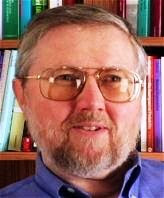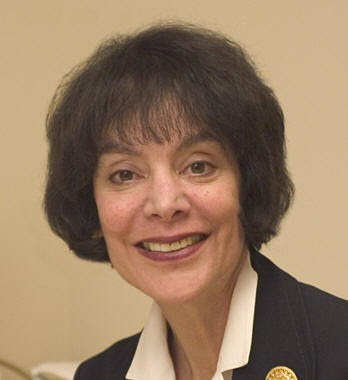Interview with Insoo Kim Berg

© 2004, Coert Visser Amsterdam, May 12, 2004 - There is probably not a single person more important to the invention and development of the solution-focused practice than Insoo Kim Berg. This fragile American lady from Korean origin has a gigantic reputation. She is one of the most important inspirators of nearly all of the solution-focused consultants I know. Together with her partner Steve De Shazer, she developed solution-focused brief therapy. Currently, she often travels the world doing consultancy and training people. Last year, she did a workshop in our Dutch training program for consultants and coaches. This year, I met her in an Amsterdam hotel and we had this conversation by the fireplace.




